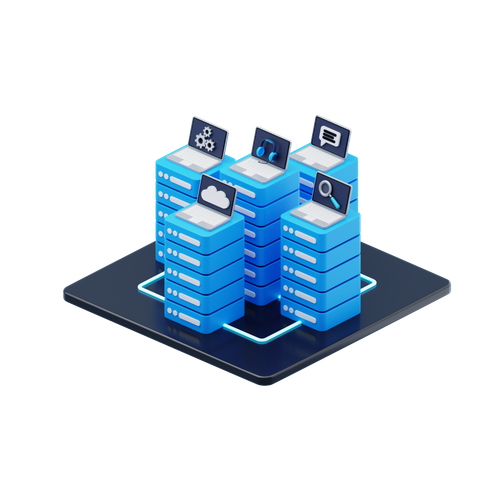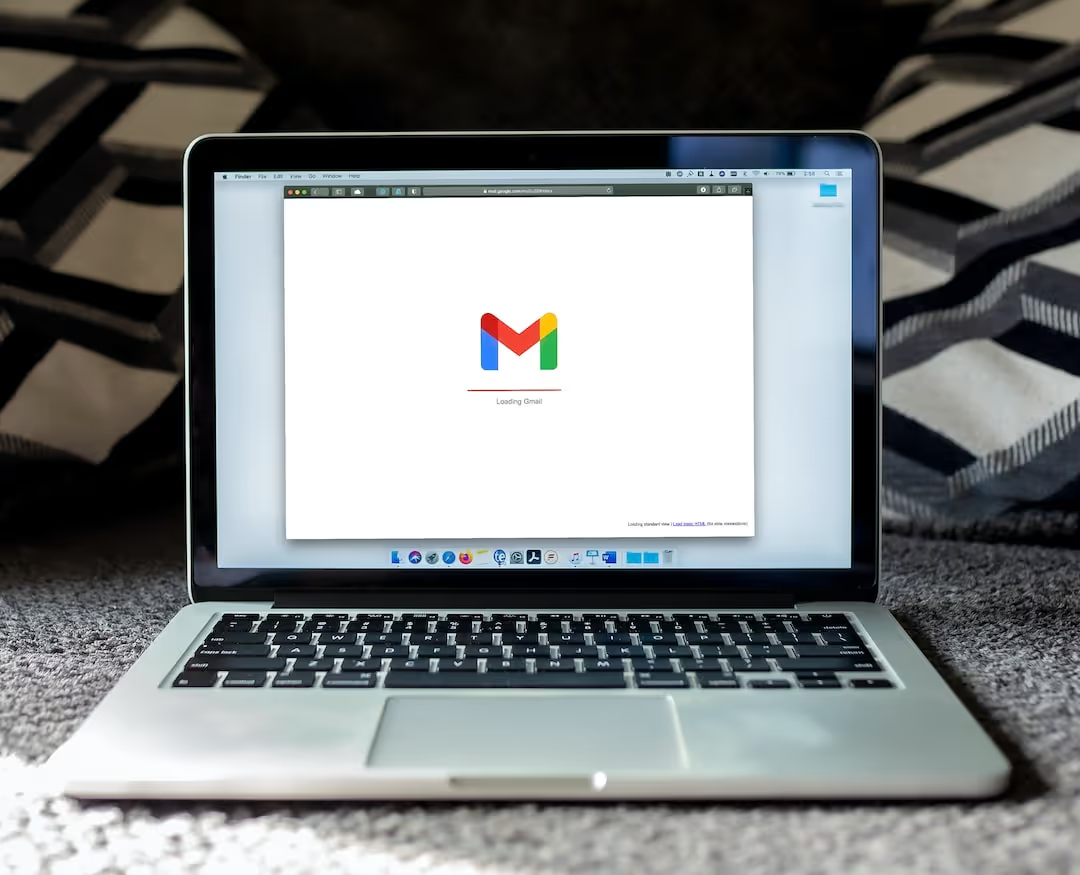
Best Prior Art Search Software for 2026: AI Tools and Enterprise Platforms Compared


Google Scholar is a reliable source of research data and information for R&D teams. With its advanced search capabilities, comprehensive indexing of scholarly literature, and a vast range of resources available to researchers, Google Scholar can be an invaluable tool in the pursuit of innovation. But how reliable is Google Scholar?
This blog post will explore what makes Google Scholar so reliable by examining how it works, exploring its advantages and disadvantages as well as looking at alternative sources that may provide comparable results. Whether you’re an experienced researcher or just getting started with your project, understanding the reliability offered by Google Scholar is essential to ensure successful outcomes from your work. So let’s answer: how reliable is Google Scholar?
Table of Contents
How to Use Google Scholar Effectively
Advantages of Using Google Scholar
Disadvantages of Using Google Scholar
Alternatives to Google Scholar
Conclusion: How Reliable Is Google Scholar?
how reliable is Google Scholar? Google Scholar is a free search engine developed by Google that enables users to find scholarly literature from journals, books, and other sources.
Google Scholar offers a vast selection of scholarly works, including journal articles, conference papers, theses, dissertations, and preprints. Google Scholar is widely used by researchers due to its sophisticated algorithms and comprehensive selection of scholarly material from various sources.
Google Scholar’s accessibility and availability provide a major benefit to researchers. With its powerful algorithms and comprehensive coverage of academic literature across all disciplines, it offers open access to millions of documents from different sources including open-access repositories like PubMed Central or arXiv – something that traditional library databases can’t offer.
With its user-friendly interface, Google Scholar enables researchers to quickly refine their searches based on various criteria such as author name or publication year, thus optimizing the research process.
Verifying the accuracy and reliability of sources can be a challenge when using Google Scholar, due to its lack of editorial oversight on many documents indexed. In addition, it only provides access to a limited number of sources compared with more comprehensive search engines like Scopus or Web Of Science. Although these may require payment for full-text access.
Google Scholar is a powerful tool for research and innovation teams to quickly access relevant information. By understanding how to use Google Scholar effectively, you can maximize its potential in your research process.
Key Takeaway: Google Scholar is a powerful search tool that offers unrestricted access to vast amounts of data from diverse origins, thus rendering it an invaluable asset for researchers. However, the accuracy and reliability of some indexed materials may be questionable due to their lack of editorial oversight and limited source accessibility.
How reliable is Google Scholar? We can make it reliable by learning how to use it effectively. Using Google Scholar effectively can be a game-changer for R&D and innovation teams.
Getting set up with an account is the initial step for utilizing Google Scholar efficiently, taking only a few moments of your time. Once you have set up your account, Google Scholar’s extensive resources will be available to you.
To begin searching for relevant information, use keywords that are related to your research topic or question. You can also refine your results by using advanced search options such as language, author name, and year of publication if needed. Keeping track of all the sources you find during this process is essential to avoid duplicating work and ensure accuracy in citations when writing reports or articles later on.
Google Scholar’s convenience and breadth of resources, providing access to thousands of scholarly articles from various disciplines worldwide with just a single click, make it an ideal tool for researchers at all levels. Furthermore, its user-friendly interface makes navigation easy even for those who may not have had much experience with online databases or search engines – making it ideal for researchers at all levels.
In addition, its comprehensive coverage includes both peer-reviewed journals as well as books and conference proceedings. This ensures that no source goes undiscovered during your research process.

(Source)
Unfortunately, there are some limitations associated with using Google Scholar. This is primarily because many universities do not provide full-text access so finding complete versions can be difficult sometimes (unless they are open access).
Additionally, since most content indexed by Google scholar comes from external websites there’s always a risk involved regarding verifying accuracy and reliability, especially when citing sources in publications or reports. Lastly, a limited number of sources available could lead researchers towards missing out on important references while conducting their research projects thus hampering progress significantly over time.
Alternatives exist if you need more specific material than what’s offered through Google Scholar alone. This includes academic search engines like Scopus and Web of Science as well as library databases such as JSTOR and ProQuest. There are also open-access journals like PLOS ONE and BMC.
Each platform offers unique advantages depending on what kind of data/information one needs exactly, so make sure to explore them thoroughly before deciding which option best suits individual requirements.
Using Google Scholar effectively can save time and effort when researching topics. With its comprehensive coverage of academic literature, it is a valuable tool for R&D teams to have in their arsenal. By taking advantage of the advantages discussed above, research teams will be able to quickly access relevant information and refine their results with ease.
Key Takeaway: Google Scholar is a great asset for R&D and innovation teams, providing easy access to thousands of scholarly articles from all over the world. Although it has its limitations such as not having full-text access or difficulty verifying accuracy and reliability, there are plenty of other search engines available which can be explored depending on individual requirements. All in all, Google Scholar is an invaluable tool that shouldn’t be overlooked when conducting research.
Google Scholar is a powerful tool for research and innovation teams, offering comprehensive coverage of academic literature from various sources. Google Scholar enables research and development teams to remain abreast of the most recent advances in their field, providing access to a broad range of scholarly literature. Users can quickly locate pertinent data that satisfies their requirements through the user-friendly interface.
One of the main advantages of using Google Scholar is its availability and accessibility of resources. Google Scholar offers an extensive selection of resources, such as books, journals, articles, and conference proceedings which makes it a valuable research tool.
Furthermore, these resources are easily accessible as they are available online with just a few clicks away; this saves time and effort when searching for information. Google Scholar has been designed with simplicity in mind, making it easy for even those unfamiliar with search engines to use.
Another advantage offered by Google Scholar is its comprehensive coverage of academic literature across different disciplines such as science and technology, engineering and medicine, and others, thus providing valuable insights into current topics within each field or area of study.
This helps researchers stay updated with the most recent advancements in their fields while also giving them access to other related topics that could help broaden their understanding further on certain subjects or domains. Additionally, through advanced search options like filtering by author name or publication year, users can refine results according to specific criteria which makes finding relevant information easier and more efficient.
How reliable is google scholar? Overall, Google Scholar provides a convenient and accessible platform for researchers to access an abundance of academic literature. Despite its benefits, Google Scholar also has some potential drawbacks that should be considered before use; these will be explored further in the following section.
Key Takeaway: Google Scholar is a go-to platform for research and innovation teams, offering easy access to an extensive range of academic literature. It provides users with the latest information in their field through its user-friendly interface, while also allowing them to refine results by author name or publication year making it easier to find relevant data quickly and efficiently.
Though its usefulness is undeniable, one must be aware of certain drawbacks when using Google Scholar for research.
One of the main disadvantages of using Google Scholar is the limited number of sources available. While it does have an extensive collection, it only includes certain types of content such as journal articles, books, conference papers, and patents.
This platform may not provide access to other types of materials such as periodicals or magazines. Additionally, many databases are not included in Google Scholar’s search engine which can make finding relevant information more difficult than if you were searching on another platform such as Academic Search Engines or Library Databases.
Another disadvantage of using Google Scholar is verifying the accuracy and reliability of sources found within its database. Since anyone can upload their work for Google Scholar indexing, there’s no assurance that all results are valid or dependable since they have not been verified by specialists in the field before being posted online.
Therefore, users must take extra caution when evaluating results from this platform before relying on them for research purposes or making any decisions based on these findings.
How reliable is Google Scholar? Overall, it is clear that Google Scholar has some disadvantages when used as a research tool. Therefore, researchers should consider other alternatives to find reliable sources of information for their projects.
Key Takeaway: Google Scholar provides a wealth of academic literature, but is limited in its scope and reliability. Users should be aware that not all sources indexed by the platform have been vetted or verified for accuracy. Thus extra caution must be exercised when evaluating results from Google Scholar to ensure reliable research findings.
There are other search engines and databases that can provide more comprehensive coverage of academic literature than Google Scholar. Scopus and Web of Science offer researchers a wealth of peer-reviewed journals, conference papers, book chapters, and other scholarly material. Library databases like JSTOR and ProQuest also provide access to scholarly resources from leading publishers in the humanities, sciences, social sciences, and business disciplines.
Open Access Journals such as PLOS ONE or BMC are freely available online publications with content that is published under an open license allowing readers to use the material without any restrictions. These alternatives offer researchers greater control over their searches by allowing them to refine their results according to specific criteria (e.g., publication date range).
Open Access Journals like PLOS ONE or BMC offer users the opportunity to store their searches, permitting them to monitor their progress on a given topic or research project throughout its duration. By taking advantage of these tools researchers can get better insights into the topics they’re researching while ensuring accuracy and reliability in their sources at the same time.
Research smarter, not harder. Take advantage of reliable alternatives to Google Scholar like Scopus, Web of Science & Open Access Journals for comprehensive coverage and better insights. Click to Tweet
How reliable is Google Scholar? While it has some disadvantages such as its inability to provide full texts of articles or the need for manual sorting through results.
Overall, Google Scholar provides an invaluable resource that can be used in combination with other tools to maximize the efficiency of any team’s research process. With careful consideration and the use of alternatives when necessary, Google Scholar can help your team make informed decisions quickly and reliably.
How reliable is Google Scholar? Discover the reliability of Google Scholar with Cypris, a research platform designed to provide rapid time-to-insights for R&D and innovation teams. Uncover valuable insights quickly and efficiently by centralizing data sources into one comprehensive platform.